(A)次の英文の段落にはそれぞれ誤りが一つある。誤った箇所を含む下線部を各段落から選び,その記号をマークせよ。
(21) The term “documentary” [a]emerged awkwardly out of early practice. When entrepreneurs in the late nineteenth century first began to record moving pictures of real-life events, [b]some called what they were making “documentaries.” The term did not stabilize for decades, however. Other people called their films “educationals,” “actualities,” “interest films,” [c]or perhaps referred to their subject matter – “travel films,” for example. John Grierson, a Scot decided to use this new form in the service of the British government and invented the term “documentary” [d]by applying to a work of the great American filmmaker Robert Flaherty. He defined documentary as the “artistic representation of actuality” – a definition that has proven durable probably [e]because it is so very flexible.
それでは、1文ずつ見ていきます。
(21)
The term “documentary” emerged awkwardly out of early practice.
この文は
Out of は「~から」、practiceは後ろに具体例が書かれているのでここでは「実践」practiceは可算名詞ですが、ここでは一般的な初期に行われた実践ととらえ単数形で表記しています。具体的にこんな実践もあるし、あんな実践もした…と続くようならば複数形にしても大丈夫です。
Emergeは「表面に現れる、出現する」の自動詞用法が可能なので、
和訳すると「ドキュメンタリー」という用語は、初期の実践からぎこちなく現れました。」となり、問題ありません。
When entrepreneurs in the late nineteenth century first began to record moving pictures of real-life events, some called what they were making “documentaries.”
この文もcallは5文型が可能な動詞ですから、what they were making が目的語と気づければ、「19世紀後半に起業家たちが実際の出来事を動画で記録し始めたとき、彼らが作っているものを「ドキュメンタリー」と呼ぶ人もいた。」となり、問題ありません。
The term did not stabilize for decades, however.
この文には下線部がありませんが、和訳を添えておきます。
「しかし、数十年間、その用語は定着しませんでした。」
Other people called their films “educationals,” “actualities,” “interest films,” or perhaps referred to their subject matter – “travel films,” for example.
この文を接続詞orで区切って考えてみると
Other people called their films “educationals,” “actualities,” “interest films,”
or perhaps
(other people) referred to their subject matter – “travel films,” for example.
このようになり、other peopleを補って考えると、
Their Filmsを“educationals”と呼ぶ人と
Travel filmsと内容を言及する人がいた。ということになり、全体を和訳すれば
「他の人々は自分たちの映画を「教育映画」「実際映像」「興味深い映画」と呼んだり、その内容を指すこともありました – 例えば「旅行映画」など。」
となり、問題はありません。
John Grierson, a Scot decided to use this new form in the service of the British government and invented the term “documentary” by applying to a work of the great American filmmaker Robert Flaherty.
この文を接続詞andで区切って考えてみるとこのようになります。
John Grierson, a Scot decided to use this new form
in the service of the British government
and
invented the term “documentary”
by applying to a work of the great American filmmaker Robert Flaherty.
Andの前も後ろも主語は「スコットランド人のジョン・グリアソン」で、述部は、decidedとinventedですから、大枠は、
スコットランド人のジョン・グリアソンは
イギリス政府のために、この新しい形式を利用することを決意し、
「ドキュメンタリー」という用語を発明しました。
となります。
次にby以下ですが、
by applying to a work of the great American filmmaker Robert Flaherty.
ここでapplyのおさらいをしておきましょう。
このapplyは「応募」か「適用」なのか?の確認です。
apply to A:「(学校、会社など機関・組織)に応募・申請する」
apply for A:「(ビザ、職など希望するもの)を申請する・応募する」
apply to A:「Aに適用する」
apply A to B :「AをBに適用する[当てはめる]」
こう考えると
by applying to a work of the great American filmmaker Robert Flaherty.
ここでのapply toは「に適用する」の意味だと気づき、work に冠詞の a がついていますからこのworkは「作品」ですから、「作品に適用することによって」となります。
また、ここでは、by applying to a workと前置詞+動名詞の形になっているので
動名詞applyingの主語は何かと考えると「スコットランド人のジョン・グリアソン」になります。
「ジョンは作品に適用した」と訳せますが、これだと、「何を」作品に適用したのかが不明です。
なので、文の流れからみるとここでは、
the term “documentary”「ドキュメンタリーという用語」を適用したわけなので、これを代名詞にし、
by applying it to a workとしなければならないわけです。
そうすれば…意味は
「スコットランド人のジョン・グリアソンは、イギリス政府のために、この新しい形式を利用することを決意し、アメリカの偉大な映画製作者ロバート・フラハティの作品に適用して、“ドキュメンタリー”という用語を発明しました。」とスッキリするわけです。
最終文は、
He defined documentary as the “artistic representation of actuality”
Defineという動詞はdefine A as B が可能なので、
「彼はドキュメンタリーを「実際の出来事の芸術的表現」と定義しました。」
となり、これに続く文をみると
– a definition that has proven durable probably because it is so very flexible.
この文のdefinitionは前の文中のdefineの名詞形というところから、このダッシュ記号以下は、前文を受けて、「という定義だったよ。」と言い直していると考えられことができます。
なので和訳は、「おそらくこの定義は非常に柔軟であるため、耐久性のある定義。」
となり問題ありません。
最後に、Apply の用法を確認しときましょう。5文読まれるので意味を考えてください。
I’m thinking of applying to the University of Tokyo.
「東大受験を考えています。」
I’m going to apply for a scholarship to help with my tuition fees.
「授業料の支払いを手助けするために奨学金を申請しようと思っています。」
The school rule applies to all students attending the school.
「校則は、学校に通うすべての生徒に適用されます。」
The company decided to apply the new policy to all departments.
「会社は新しい方針をすべての部署に適用することを決定しました。」
The chef applied special sauce to the steak before grilling it.
「シェフはステーキに特別なソースを塗ってからグリルにかけました。」
5つ目は難しくなかったですか?これは、「塗る」という意味のapplyです。
My sister applies sunscreen before she goes outside.
「私の姉は外出する前に日焼け止めを塗ります。」
ちなみに、これを中学英語の動詞で言い換えて言ってみてください。
My sister puts on sunscreen before she goes outside.
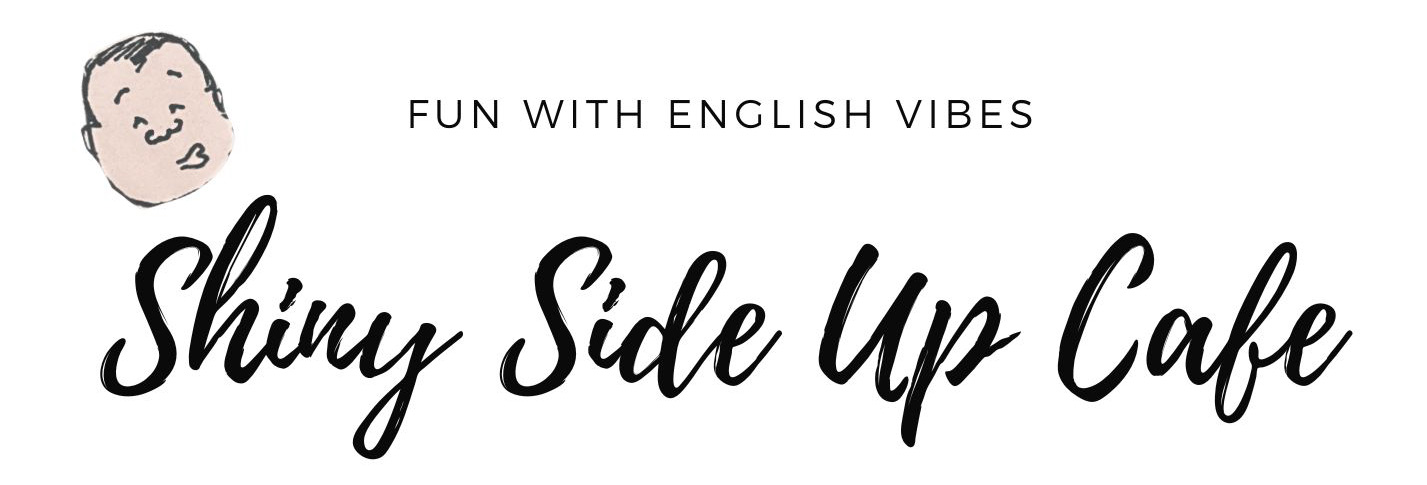
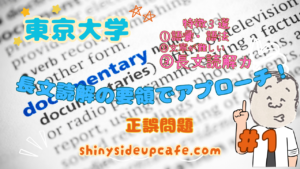



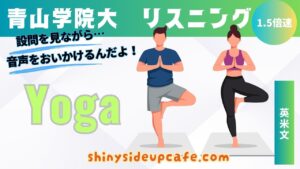


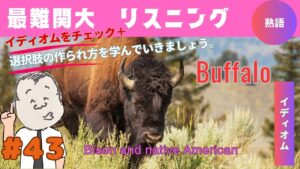

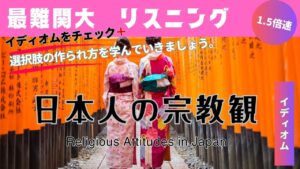
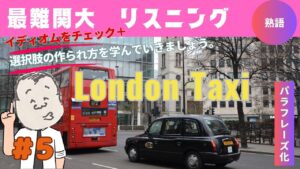
コメント